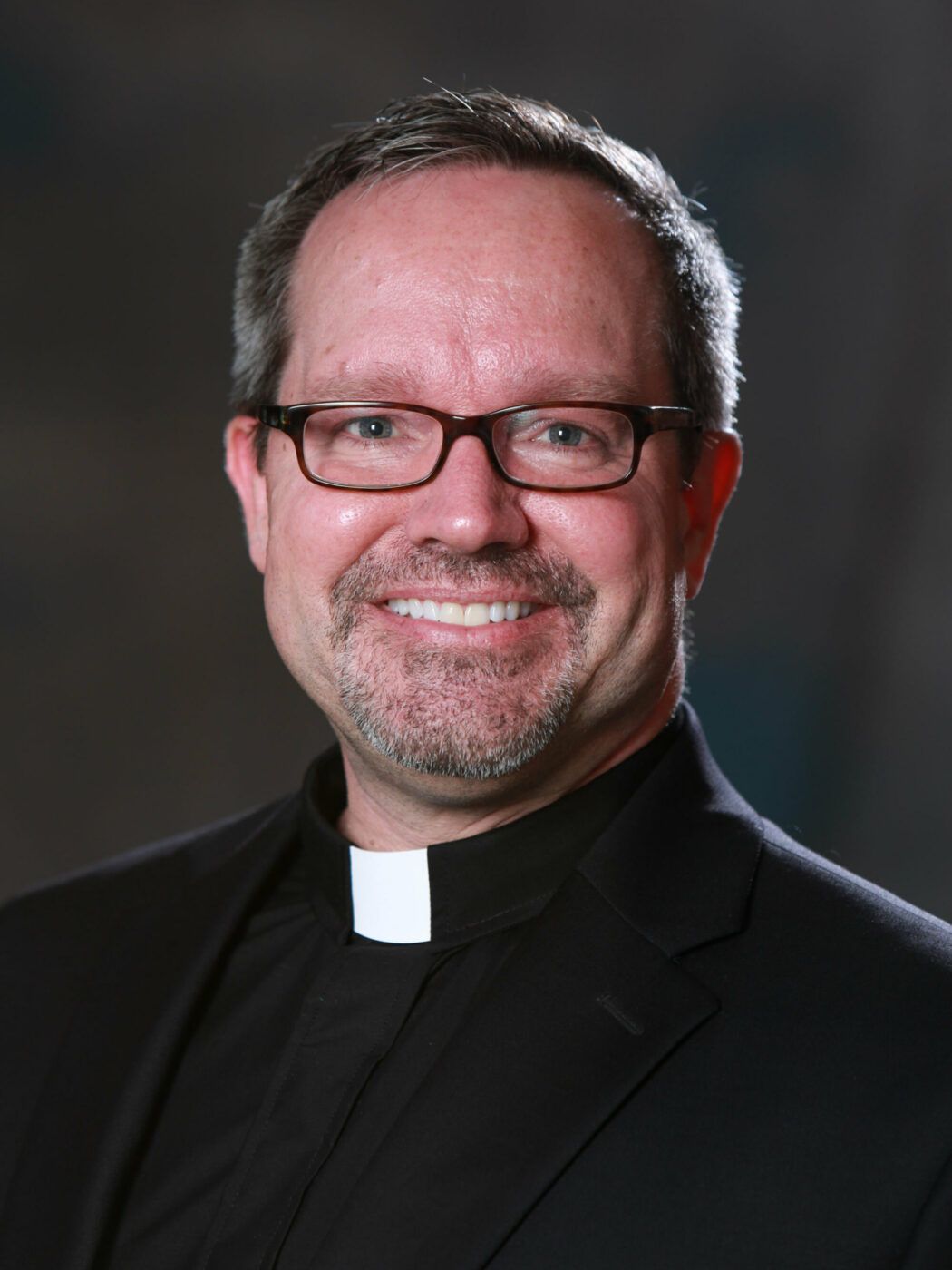We begin again. Our new seminarians arrived this weekend. It’s always a blessing to have the new men step into the Seminary for the first time as a seminarian. They have all visited the Seminary before but today is different. It is the beginning of a beautiful, graced journey of continued conversion, leading—God willing—to ordination. The scripture from Paul’s Second Letter to the Corinthians stands out to me on this auspicious moment: “So whoever is in Christ is a new creation: the old things have passed away; behold, new things have come.”
It is here that we find ourselves; starting anew, discovering again who we are and who God is. Our life at Saint John’s Seminary is centered on the Eucharist. For all Catholics in fact, the Eucharist, as The Catechism of the Catholic Church, states is "the source and summit" of the Christian life. The other sacraments, and indeed all ecclesiastical ministries and works of the apostolate, are bound up with the Eucharist and are oriented toward it.
As a Church we have been reflecting specifically on the Eucharist during these past several weeks. John’s Gospel from the Seventeenth to the Twenty-First Sunday in Ordinary Time is the Bread of Life Discourse. During these five Sundays we have reflected upon the mystery of the Eucharist; the gift of Christ Himself in His Body, Blood, Soul and Divinity. Today, this Twenty-First Sunday, we conclude this discourse.
After the unfathomable disclosure of Jesus’ promise to be with us forever—in the gift of Himself, the Bread come down from Heaven—many did not understand, or didn’t accept it, or didn’t believe.
Jesus then said to the Twelve, “Do you also want to leave?” Simon Peter answered him, “Master, to whom shall we go? You have the words of eternal life. We have come to believe and are convinced that you are the Holy One of God.”
These words of Saint Peter present us with the conviction we must have when fidelity to the will of God becomes difficult. God is demanding. He wants everything from us. We will only obtain Heaven once we surrender everything over to the will of the Father and believe all that He has revealed. We bring God our questions, challenges, our discernment.
Conversion for each of us is a call to surrender everything to the Lord. This is indeed a blessing because it leads to ultimate freedom. The God who created us desires for us to give it all back to Him so that we may be filled with His Life.
Jesus taught clearly, “Amen, amen, I say to you, unless you eat the flesh of the Son of Man and drink his blood, you do not have life within you.” At the beginning of today’s Gospel, upon listening to Jesus’ new teaching, many of His disciples murmured among themselves saying, “This saying is hard; who can accept it?” This teaching of Jesus is “hard” in the sense that it requires a profound faith to understand.
Jesus asks us the same question He asked the Twelve: “Do you also want to leave?” Jesus will not try to manipulate us. He will remain vigilant when He sees we are struggling. He will not lessen the requirement of being His faithful follower. Instead, He will give us the freedom to either believe or leave. And when we feel like leaving, we should always remember Peter’s words, “Master, to whom shall we go? You have the words of eternal life. We have come to believe and are convinced that you are the Holy One of God.”
Peter’s statement should inspire us especially when we struggle and uncertain. God has a plan for each of us—a vocation of love and service. We’re called to listen and respond to that call. The Eucharist directs our hearts and gives our goal—to surrender all to Him and be filled with Eternal Life.
We always begin again as Christ calls us to renewed life. Please pray for our new seminarians and those who are returning. Each of us are called to let go of the old and embrace the new, resurrected life. Let the Eucharist feed you and let the words of Saint Augustine, when reflecting on the Eucharist, inspire us: “May we become what we receive.”


